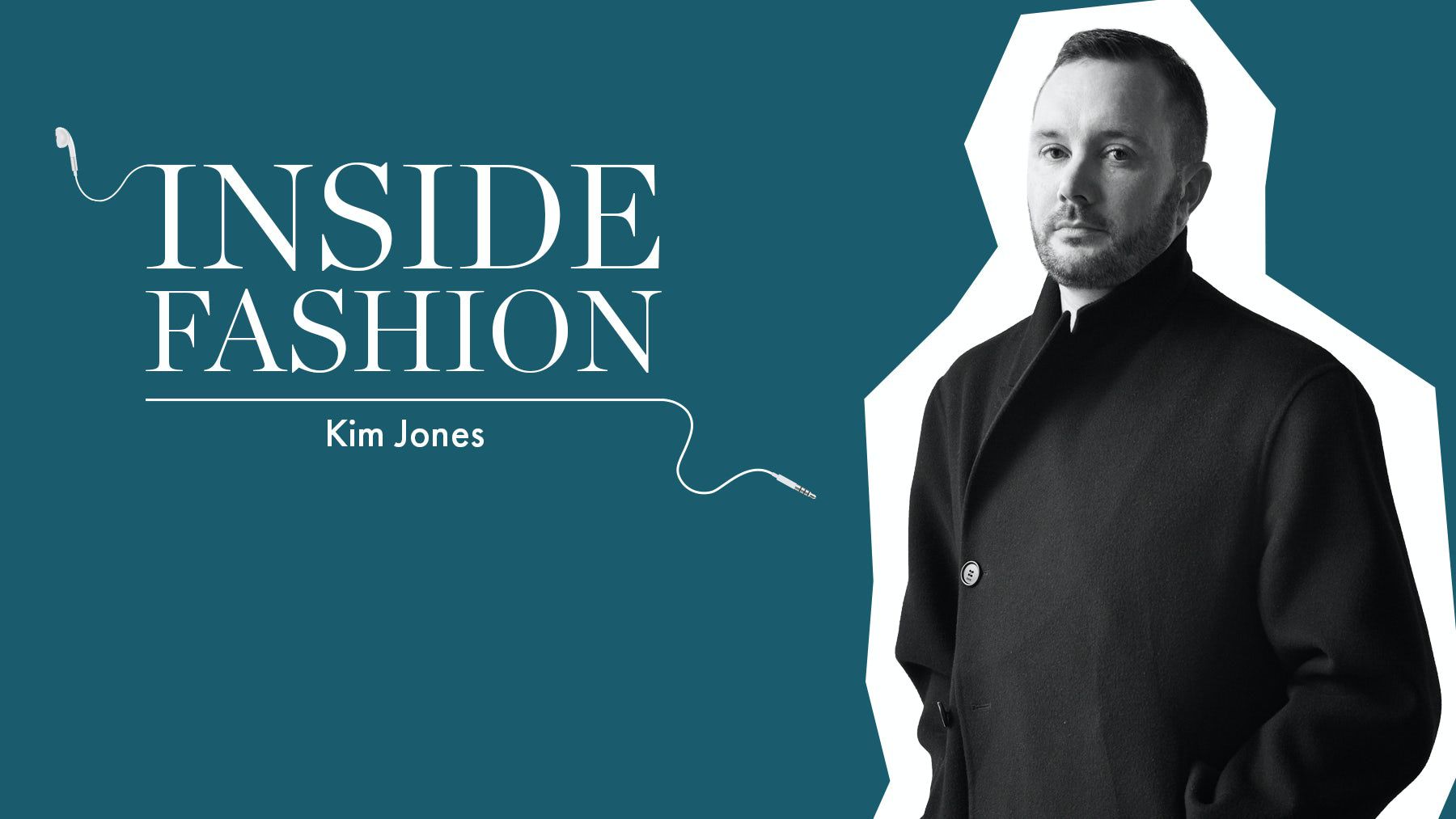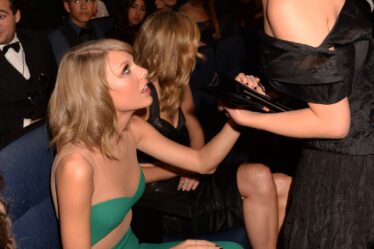
To subscribe to the BoF Podcast, please follow this link.
Subscribe to BoF Professional for unlimited access to BoF articles, plus exclusive benefits for members. For a limited time, enjoy a 25 percent discount on the first year of an annual membership, exclusively for podcast listeners. Simply, click here: http://bit.ly/2KoRRBH, select the Annual Package and use code PODCAST2019 at the checkout.
LONDON, United Kingdom — “We’d have to be arrogant to think we’re the only people to live in the universe,” says Kim Jones, musing on the probability of life beyond Earth before jumping to the “sensory overload” of visiting the pyramids of Egypt.
For Jones, it’s all about multitudes and striking a thoughtful balance between polarising forces; private passions versus high-profile artistic output; the cult of the personality versus innate shyness; futurism versus wearability; the heritage of luxury archives versus the significance of new collections; streetwear versus sartorial elegance.
Also facing Jones in his position as menswear director at Dior is the tension between his own aesthetic and the existing legacy of such a storied brand. “I like to go into a brand and work with the pillars of the house rather than just set my own.” In his aversion to a mindset of nostalgia, “I don’t reference my own work but I guess it’s inside my head subconsciously.”
In his first year at Dior, Jones has noticed surprising emergent compatibilities that have made his biggest inspiration Christian Dior himself. The founder’s gallerist background and media savvy, which placed him ahead of his time, speaks to Jones’ collaborations with artists as well as his futuristic aesthetic and keen awareness of the interplay between art and commercial viability.
“There’s a point where it gets too futuristic and people can’t wear it,” says Jones, revealing an awareness that — like many of his assertions — coexists in careful balance with another facet of his worldview. In this case, a love of subversion and futurism is up against the linear reality of fashion seasons and what he calls “the purpose” of his role as designer: “To keep my bosses happy and to sell things people want to buy and love.”
To contact The Business of Fashion with comments, questions, or speaker ideas please e-mail podcast@businessoffashion.com.



